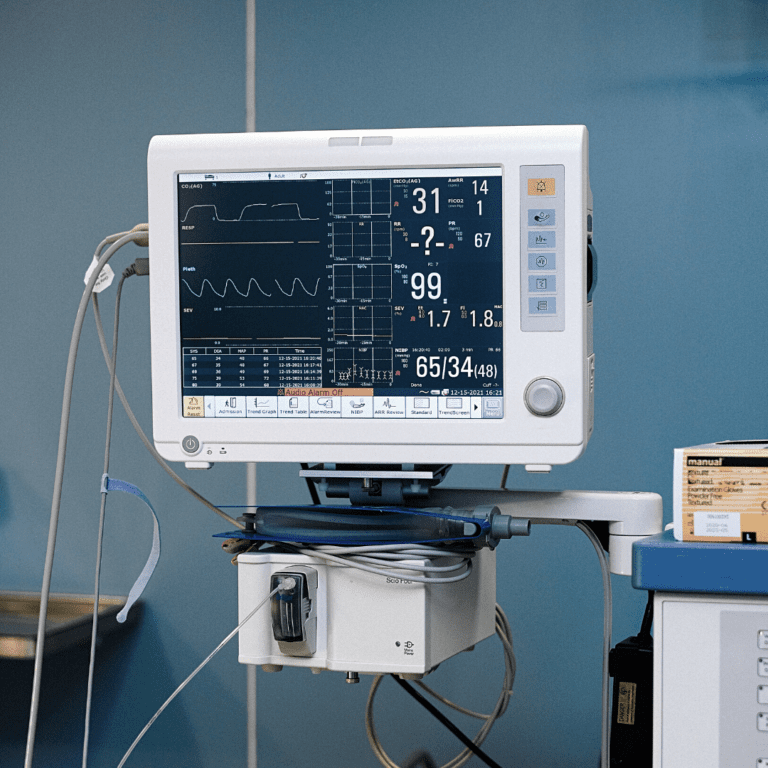
According to official government media, FTC commissioners should establish or modify the rules to ease the restrictions on manufacturers in favor of small and medium-sized repair companies in order to create more jobs and save consumers money.
Currently and under current law, products, especially electronic and medical technology products, are limited in terms of repair and maintenance due to the lack of parts, service manuals, programs, or diagnostic software which are blocked by the manufacturer, product design, and composition restrictions, etc.
President Joe Biden has declared and signed that the change of this right should be prioritized since what is established so far generates anti-competitive behavior. In the biomedical and hospital field, this new law opens the doors to hundreds of small service companies so that they can offer their services in clinics and hospitals which will be able to keep their technology until they satisfactorily complete their life cycle and not dispose of it before the time due to lack of tools necessary for its preservation and maintenance.
This new mandate has been very relevant in recent months, so much so that hundreds of manufacturers have reconsidered the way they create their products to ensure that they have a longer useful life and they are easier and more accessible to repair. The co-founder of Apple gave his point of view on the issue and the people who are pushing the law and said the following: “They are doing the right thing. We wouldn't have had Apple if it hadn't grown up in a world of open technology, a world of open electronics."
On the other hand, there are diverse opinions that say that forcing manufacturers to provide proprietary information, design plans, sensitive parts, and digital keys would put the security of devices connected to the internet at risk, and with this there would be a greater risk of fraud, according to Forbes in the case of Tesla which has declared against the law and argue that this situation threatens data security and cybersecurity.
What do we think about it?